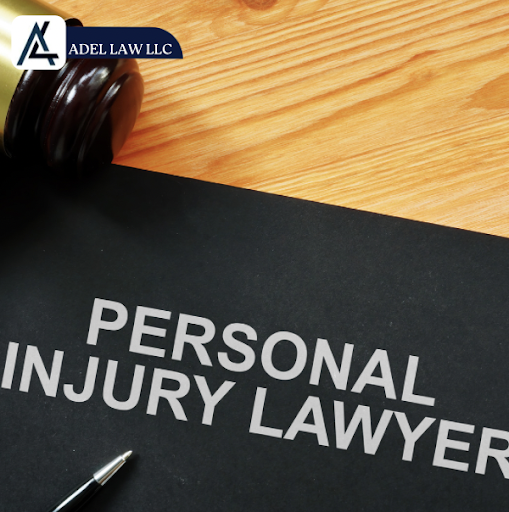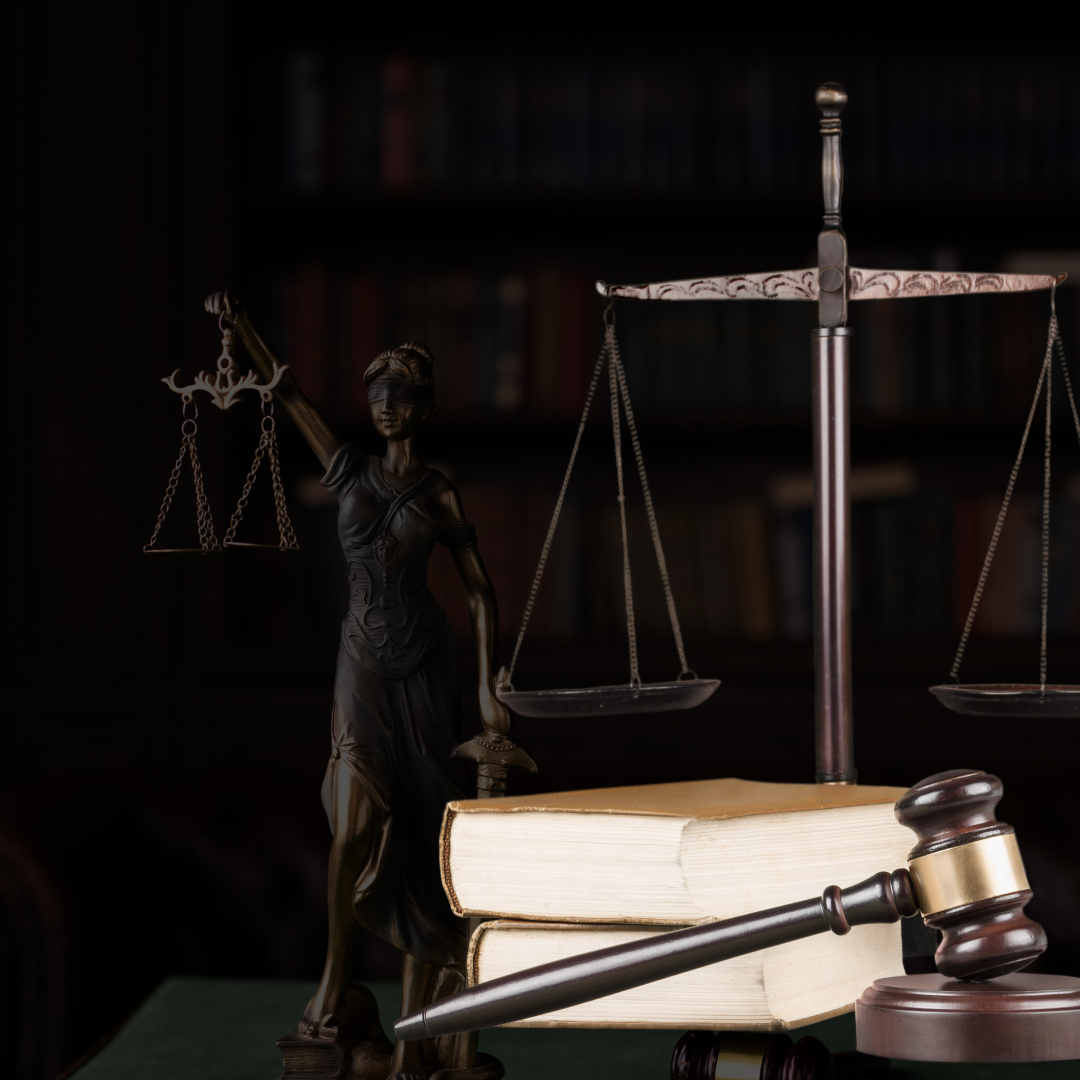When you’ve been injured due to someone else’s negligence, the road to recovery can feel overwhelming. Not only are you dealing with physical pain, but you’re also facing a host of financial and legal challenges. This is where understanding personal injury law becomes essential.
Understanding Negligence in Personal Injury Cases
At the heart of most personal injury cases is the concept of negligence. Simply put, negligence occurs when someone fails to act with the level of care that a reasonable person would, resulting in harm to another. Whether it’s a driver not paying attention on the road, a property owner neglecting to fix a hazardous condition, or a doctor making an error, negligence is often the basis for a claim.
Proving negligence involves a few critical steps. First, you must demonstrate that the other party owed you a legal duty of care—meaning they had a responsibility to avoid causing you harm. Next, you must show that they breached this duty, either by doing something they shouldn’t have or by failing to do something they should have. Finally, you need to prove that this breach directly caused your injury and that you suffered actual losses as a result.
The Importance of Gathering Evidence
One of the most important things you can do after being injured is to gather and preserve evidence. This includes taking photographs of the scene, collecting witness statements, and keeping all medical records related to your injury. Documentation is key when it comes to proving negligence and establishing the extent of your damages.
In addition to physical evidence, it’s also crucial to keep a detailed record of your pain and suffering, as well as any changes to your quality of life. These non-economic damages can be just as important as your medical bills and lost wages when it comes to securing personal injury compensation.
Seeking Legal Assistance
While it’s possible to handle a personal injury claim on your own, having a personal injury lawyer on your side can significantly improve your chances of a successful outcome. A lawyer will know the ins and outs of the law, how to effectively negotiate with insurance companies, and when to take a case to court if necessary.
One of the biggest benefits of hiring a lawyer is that they can help you navigate the complex process of proving negligence. This includes gathering evidence, interviewing witnesses, and, if necessary, bringing in expert testimony to support your claim. They’ll also be your advocate, fighting to ensure that you receive the full compensation you deserve for your injuries.
Final Thoughts
Personal injury cases can be complex, but understanding the basics of negligence and the steps involved in making a claim can help you feel more confident and prepared. If you’ve been injured, don’t wait to take action. Start gathering evidence, seek medical attention, and consider reaching out to a qualified personal injury lawyer who can guide you through the process.




